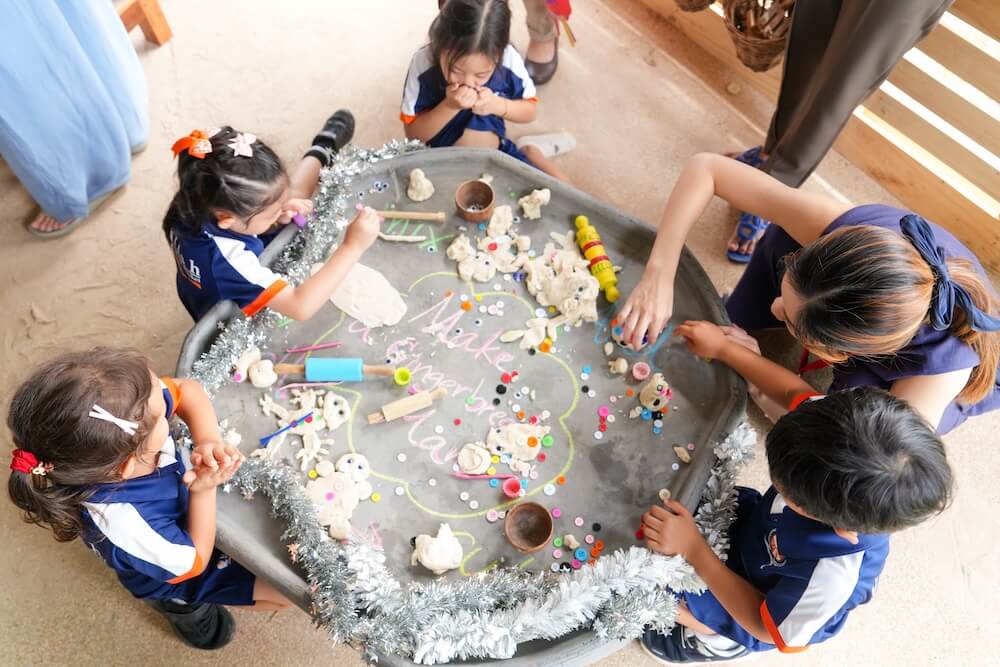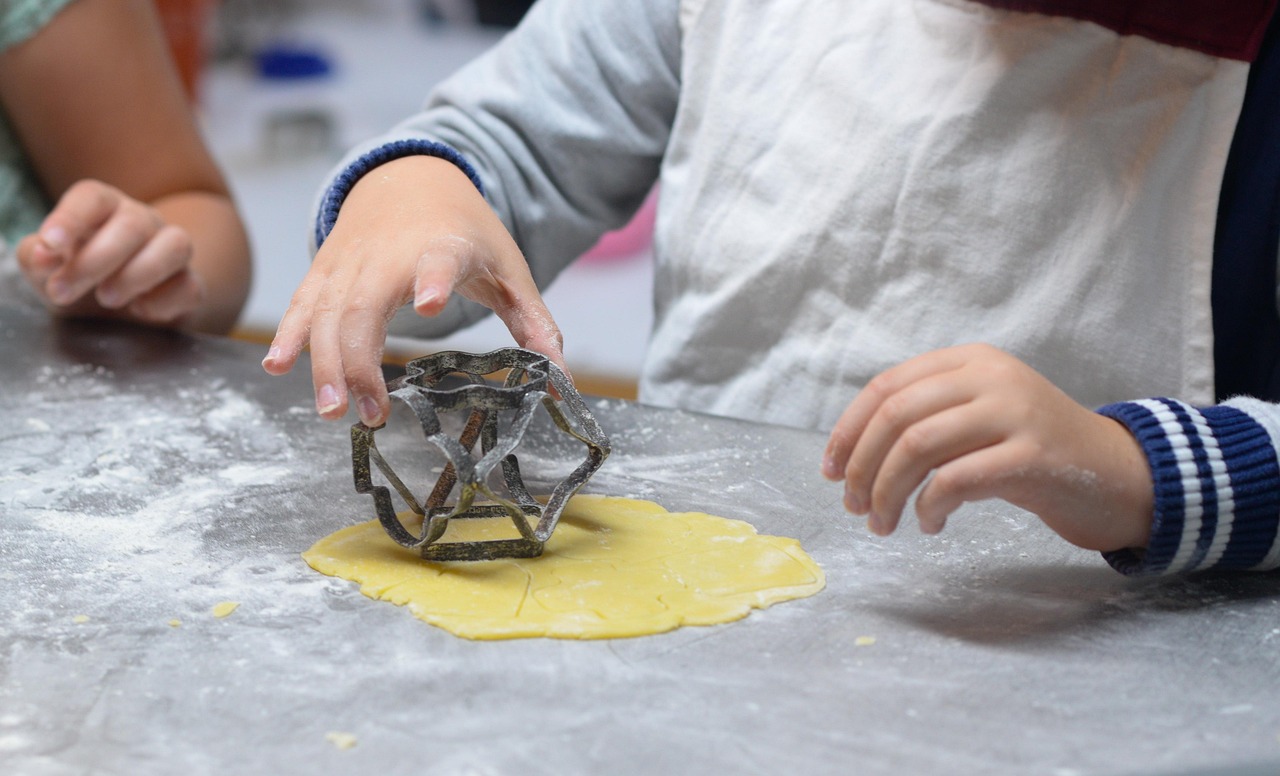There’s never been a more challenging time for children’s mental health. Between addictive apps like Ask Me, and the relentless pressure to look perfect or have an exciting life on TikTok and Instagram, many kids are growing up feeling like they’re constantly falling short. They compare themselves to filtered versions of their peers, and the result can be a deep erosion of confidence and self-worth.
As parents, how do we protect our children’s self-esteem in a world that constantly undermines it? How do we build them up when so much around them is designed to tear them down?
What Is Self-Esteem and Why Does It Matter?

Self-esteem doesn’t just happen. It’s shaped over time, especially in the early years, when children look to parents and caregivers to help them understand who they are and what they’re worth.
Children with healthy self-esteem:
- Believe in their abilities
- Can regulate their emotions
- Show confidence in decision-making
- Are resilient and self-respecting
Children with low self-esteem:
- Doubt themselves and their worth
- Give up easily when faced with a challenge
- Struggle with self-image and comparison
- Feel like they’re constantly failing
In Phuket, many families live far from extended relatives and support networks. For international and Thai families alike, children often face extra transitions—changing schools, adapting to new cultures, and navigating bilingual environments. These factors can make the need for self-esteem support even more urgent.
What Are Soul-Building Words?

Soul-building words are phrases that affirm, uplift, and reassure. They communicate:
- I believe in you.
- You are enough, just as you are.
- Your effort matters more than the outcome.
These words help children feel safe, seen, and supported. They build a sense of self-worth from the inside out—something no Instagram filter or viral video can provide.
Words That Hurt, Words That Heal

It’s easy to forget the impact of our words in the heat of the moment. Imagine a child trying to ride a bike. They fall again. You’re tired, frustrated. You say,
“You’re still doing it wrong. I’ve shown you how so many times. Why can’t you just get it?”
That child is now more likely to believe they can’t succeed. Their confidence shrinks, and they stop trying.
Now imagine saying instead:
“Good try! You’re getting closer every time. I know you’ll get it soon.”
Suddenly, the child hears belief, not criticism. Encouragement, not shame. That’s the power of soul-building language.
Try These Soul-Building Words at Home

Here are real-life examples of how soul-building words can shift a moment, a mood, or even a mindset:
For the child who moves slowly or struggles with focus:
“I will wait for you.”
“Take your time.”
“You make my day better.”
Watch how anxious shoulders drop and eyes soften.
For the driven perfectionist:
“It doesn’t have to be perfect.”
“You can have a few more minutes.”
These words give permission to breathe—and remind kids that effort matters more than lawlessness.
For the teen who feels unsure of themselves:
“I appreciate you.”
“I’m listening.”
“You matter.”
Connection becomes easier. The walls come down.
For yourself as a parent:
“It’s good enough for today.”
“Be kind to yourself.”
“Today matters more than yesterday.”
Our children learn how to speak to themselves by hearing how we speak to them—and to ourselves.
Final Thought
The phrase “I love you” should never be underestimated, but it doesn’t have to stand alone. Every human being, no matter their age, carries a few key words that bring their soul to life. As parents and carers, the more we fill our children’s emotional vocabulary with hope and reassurance, the more resilient, grounded, and kind they’ll grow up to be.
In Phuket’s fast-changing world, where cultural diversity, mobility, and digital pressure often collide, this emotional grounding is more important than ever. So choose your words carefully. Speak to their soul. They’re listening.














